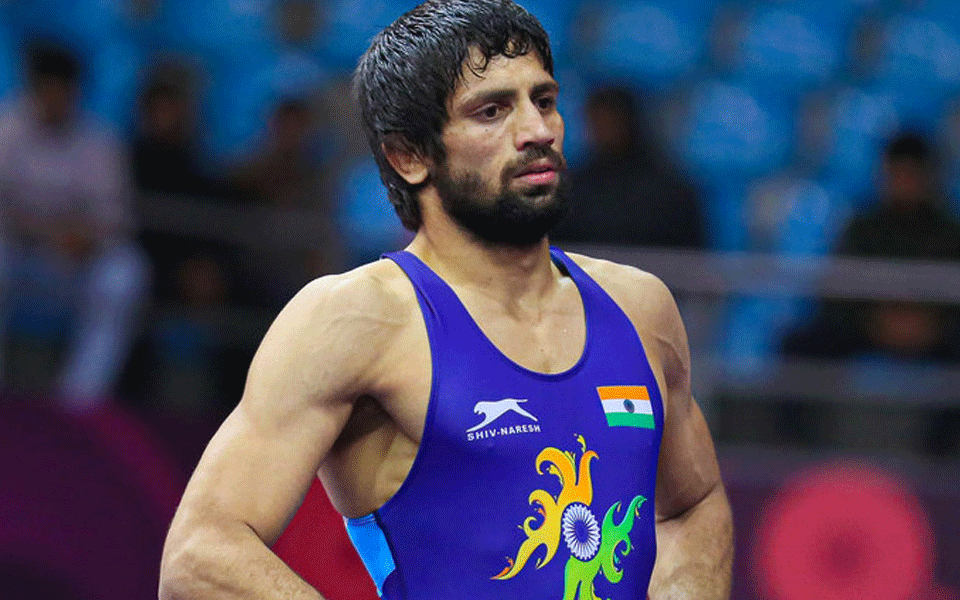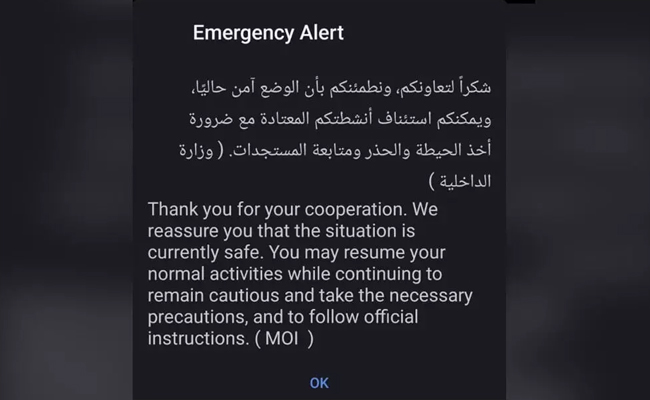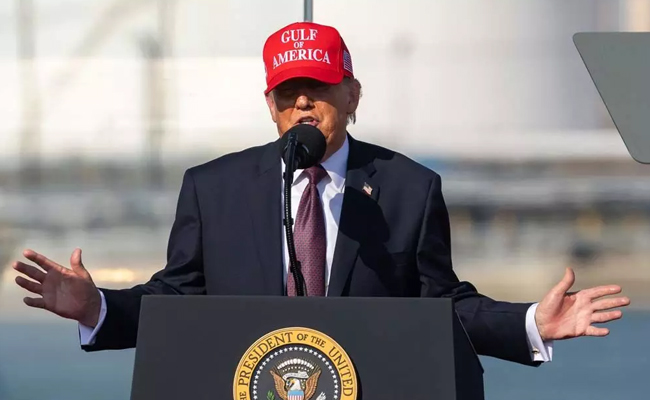Chiba (Japan): Ravi Dahiya on Wednesday became only the second Indian wrestler to qualify for the gold medal clash at the Olympic Games when he sensationally turned around the 57kg semifinal by pinning Kazakhstan's Nurislam Sanayev here.
The fourth seeded Indian was trailing 2-9 when Sanayev effected a few 'fitley' (leg lace) moves to pull ahead but as the clocked ticked away, Dahiya regrouped and got hold of his rival with a double leg attack that resulted in a victory by fall.
Before this, Sushil Kumar was the only Indian to make the gold medal bout in 2012 London Games and settle for a silver.
The 23-year Dahiya had won both his previous bouts on technical superiority en route the final.
Dahiya outclassed Colombia's Tigreros Urbano (13-2) in his opener and then outwitted Bulgaria's Georgi Valentinov Vangelov (14-4).
KD Jadhav had become India's first wrestler -- and the first individual Olympic medallist -- to win a bronze at the 1952 Helsinki Games.
After that, Sushil enhanced wrestling's profile by winning a bronze at the 2008 Beijing Games and bettered the colour of the medal by claiming a historic silver in 2012 London Olympics.
That made Sushil India's only athlete with two individual Olympic medals for nine years, a feat that has now been matched by shuttler PV Sindhu.
In the same 2012 London Games, Yohesgwar Dutt won a bronze.
Sakshi Malik became the first Indian woman wrestler to win an Olympic medal when she took a bronze in the 2016 Rio Games.
Let the Truth be known. If you read VB and like VB, please be a VB Supporter and Help us deliver the Truth to one and all.
Srinagar(PTI): Authorities on Monday imposed several restrictions in parts of Kashmir where massive street protests were witnessed over the killing of Iran's supreme leader Ayatollah Ali Khamenei in a joint strike by the US and Israel.
The iconic Ghanta Ghar at Lal Chowk has been sealed with barricades erected all around it, officials said.
They said a large number of police and paramilitary CRPF personnel have been deployed across the city to prevent gatherings of protestors.
Khamenei was killed in an airstrike in Tehran on Saturday during a joint Israel-US attack on Iran. Iranian state media confirmed the same on Sunday, triggering a wave of protests and mourning across the world, including India.
Kashmir — which has about 15 lakh Shias — witnessed major protests at Lal Chowk, Saida Kadal, Budgam, Bandipora, Anantnag and Pulwama, an official said.
The protesters were seen beating their chests as they shouted anti-US and anti-Israel slogans.
The officials said the restrictions were imposed as a precautionary measure to maintain law and order.
Concentrated wires and barricades have been placed at important intersections leading into the city, they said.
Similar curbs have been imposed in Shia-dominated areas in other districts of the valley.
The restrictions come in the backdrop of a one-day strike call given by Mutahida Majlis-e-Ulama (MMU) chairman Mirwaiz Umar Farooq.
"We urge the people to observe it with unity, dignity, and complete peacefulness," the Mirwaiz said.
The MMU strike call was supported by several political parties, including opposition PDP president Mehbooba Mufti.
"Extending our full support and solidarity with the shutdown call of Mirwaiz Umar Farooq on the martyrdom of Iran's Supreme Leader. This is a day of mourning to remind the world that injustice anywhere wounds the entire Muslim Ummah and all who stand for truth," Mufti said.
The authorities have also closed all educational institutions, including private schools, for two days, as a precautionary measure for the safety of students and to maintain law and order.


_vb_99.jpeg)


